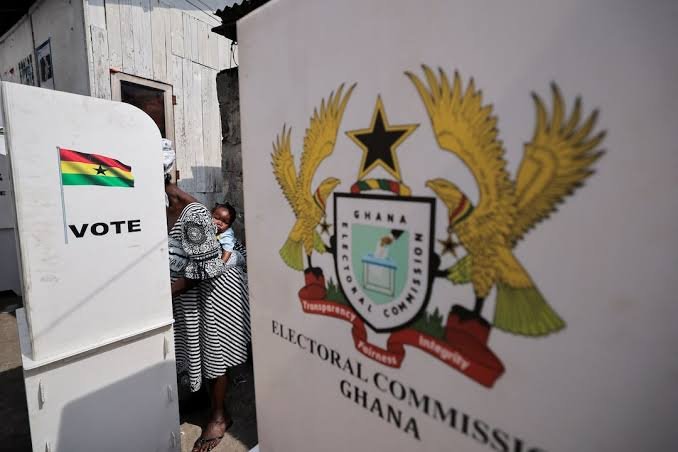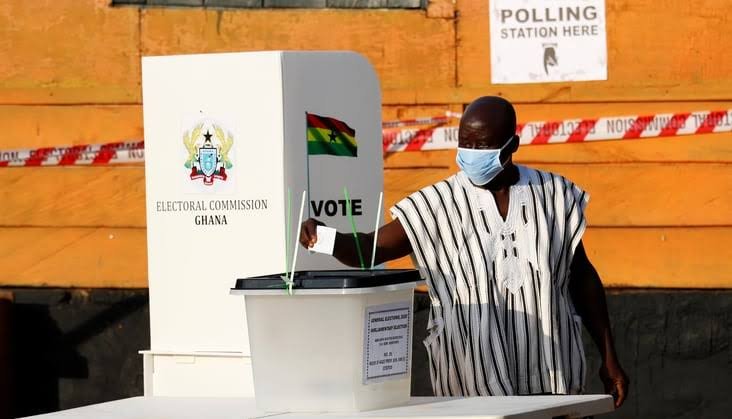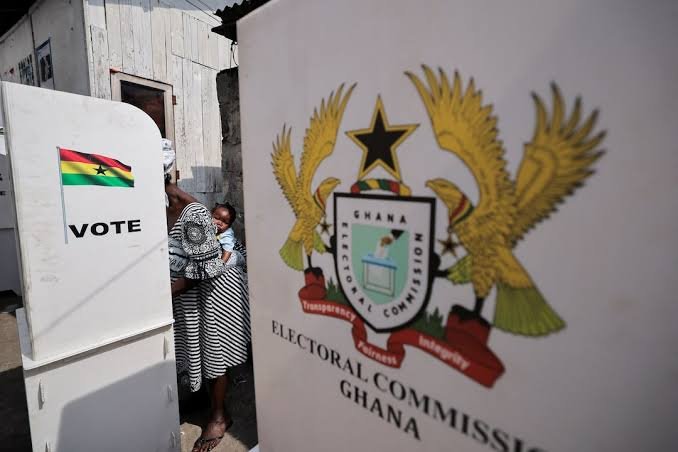
Today, December 7, 2024, the heartbeat of Ghana resonated through bustling polling stations as millions cast their votes in a pivotal presidential and parliamentary election. For a country long hailed as a beacon of democracy in Africa, this election is about more than just choosing a leader—it’s about charting a path through one of the worst economic crises in a generation.
The Contenders and Stakes
At the heart of the presidential race are two familiar faces. Vice President Mahamudu Bawumia, representing the ruling New Patriotic Party (NPP), campaigns on a promise of continuity and economic recovery. His primary rival, former President John Dramani Mahama of the opposition National Democratic Congress (NDC), calls for a change in direction, urging voters to hold the current administration accountable for soaring inflation and unemployment rates.

Ghana’s vibrant democracy has made elections a spirited and participatory affair, and today was no exception. Lines snaked outside polling stations from the crack of dawn, with citizens eager to make their voices heard. Yet beneath the enthusiasm lies a sense of urgency.
Economic Shadows Loom Large

The backdrop to this election is stark. Ghana is grappling with inflation at a staggering 40%, a weakened cedi, and unemployment that has left young graduates disillusioned. Many voters expressed that their choice at the ballot box was shaped by the struggle to make ends meet and the hope for a better tomorrow.
“I’m voting because I want to see my country thrive again,” said 26-year-old student Ama Boateng, who queued for hours in the scorching sun in Accra. “This is not just an election; it’s our chance to demand accountability.”
Both candidates have promised economic reforms. While Bawumia touts his credentials as an economist and promises to steer Ghana back to stability, Mahama is banking on his experience as a former leader to rebuild trust and rekindle hope.

The Spirit of Democracy
What sets Ghana apart in Africa’s political landscape is its unwavering commitment to peaceful transitions of power. This election marks over three decades of multi-party democracy, a legacy that Ghanaians hold dear. Observers have lauded the electoral process so far, with minimal reports of disruptions.
“The world is watching Ghana, and we are confident that this will be yet another testament to our democratic maturity,” said Dr. Kojo Asare, a political analyst in Accra.
What Comes Next?
As polling stations close and votes are tallied, the nation holds its breath. Early results are expected late tonight, with official announcements anticipated by Tuesday. But for many, the real work begins after the winner is declared.
This election is not just about who leads Ghana for the next four years—it’s about addressing the deep-seated challenges that threaten its economic and social fabric. Whether it’s Bawumia’s vision of continuity or Mahama’s promise of change, Ghanaians are looking for more than words. They are looking for action.
For now, Ghana waits. And in that waiting, there is a quiet resilience—a belief that, regardless of the outcome, the country will move forward, one vote at a time.

